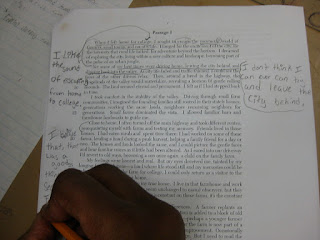How Do You Like Your Chocolate?

With Valentine’s Day right around the corner, it’s hard not to think about love and chocolate–or, in my case, the love of chocolate. Those heart-shaped boxes with chocolate delicacies keep popping into my mind. I prefer the ones with the chocolate cream filling or nuts. By far, though, my favorite kind of chocolate is plain, rich, dark chocolate. Do you like your chocolate sweet and creamy, bold with a little bite, nutty and salty, or in the form of a Sprinkles cupcake? We all have our favorites, and there’s no convincing someone otherwise. And how about those you love? When you discover how someone likes their chocolate, how do you satisfy their preferences and still be true to yours? These questions may be getting a bit too serious for the topic of chocolate, so let’s make a shift. I can equate chocolate to just about anything, so today, let's relate chocolate to communication and how we might adjust to each other and enjoy a different way to interact. In the communication discip...





